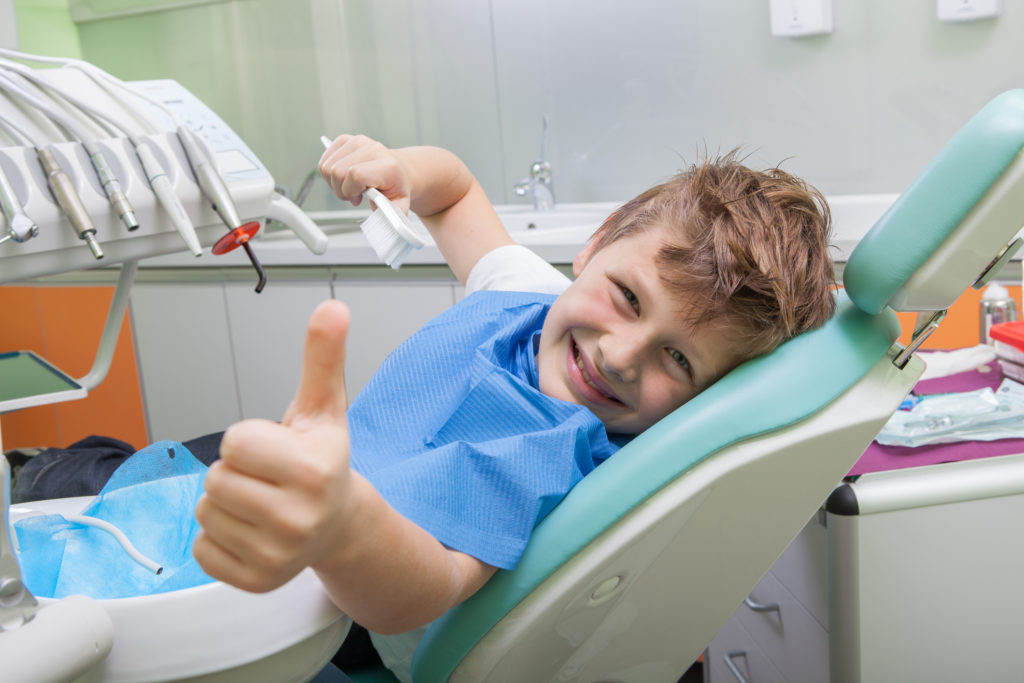Taking a child in for a dental procedure can be traumatic, for both the child and parent, but it doesn’t have to. Why put your child through such a stressful situation when you don’t have to?
Most children can’t sit still very long, especially when they have someone poking around in their mouth. Things just go downhill if they need to have Novocaine, drilling to fill a cavity, or a root canal. It can be almost impossible! Let’s face it, there is no amount of bribing or anticipation of a treat from the prize basket that can help overcome this dreadful situation.
When the dental sedation is administered by an experienced and qualified nurse anesthetist, it has been proven safe and effective.
 When it comes to sedation of your child, it is important to have a specially trained and certified nurse anesthetist brings hospital-level sedation to your dentist’s office. A nurse anesthetist will have proper training, experience monitoring all the vital signs, fully up-to-date on all related safety protocols and established emergency procedures, this will allow the dentist to focus all his/her attention on your child.
When it comes to sedation of your child, it is important to have a specially trained and certified nurse anesthetist brings hospital-level sedation to your dentist’s office. A nurse anesthetist will have proper training, experience monitoring all the vital signs, fully up-to-date on all related safety protocols and established emergency procedures, this will allow the dentist to focus all his/her attention on your child.
“Your child will have little or no recollection of the procedure after the fact, meaning that there are no bad memories to exacerbate fears that may make your child resistant to future appointments and treatments. With IV sedation, the amount of medications needed to keep your child relaxed and at ease will be monitored and adjusted continuously until your child is resting comfortably for the procedure. Short acting medications are used, so your child usually wakes up pretty quickly once the procedure is finished. And in case of any complication, most of the drugs administered can be reversed right away.” Huffington Post
Ask a few important questions Before the Procedure
Who will the sedation be performed by? “The American Academy of Pediatrics (AAP) and the American Academy of Pediatric Dentistry (AAPD) both recommend that an anesthesia professional be with your child while the dentist concentrates on the procedure.”
Who will be evaluating my child before the procedure? Medical and surgical history, previous illnesses, allergies, medications, and any hospitalizations.
Prior to the procedure, how long should my child be without food or drink?
Who will be monitoring my Child’s vital signs before, during, and after the procedure?
Will there be any medication given to my child before or after the procedure?


